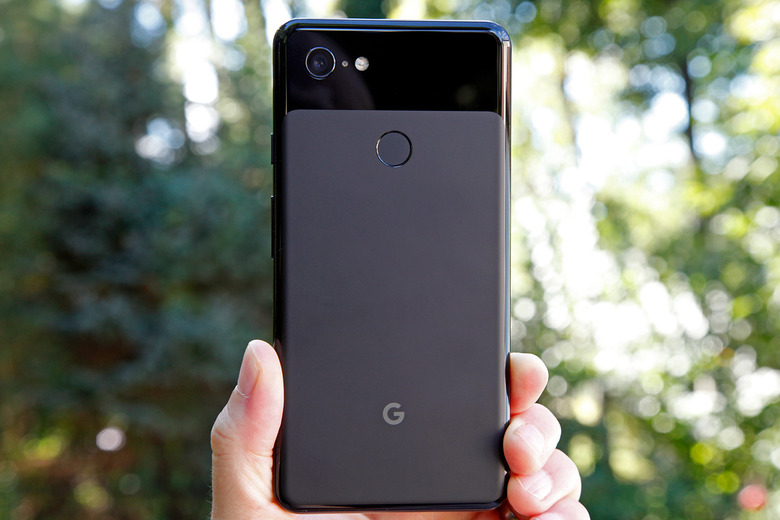Google's Pixel Is Winning Over Plenty Of Android Users, But iOS Users Are Staying Put
A new study published by Counterpoint Research sounds like good news for Google's efforts to expand the user base of its generally well-regarded Pixel smartphone series.
According to the study, the Pixel 3 is a solid enough handset that it's convincing plenty of Samsung owners to switch over to a device that offers a pure Android experience. It turns out that a little more than half of the buyers this study classifies as having switched over to the Pixel 3 (51%) were former Samsung handset owners.
Unsurprisingly, a mere 18% of buyers who switched over to the Pixel previously owned an iPhone. The latter, of course, enjoys such intense brand loyalty that it results in things like a record-high 83% of US teens acknowledging that they own an iPhone. That's according to Piper Jaffray's new Taking Stock With Teens survey, which also found that a whopping 86% of teens say their next smartphone will also be an iPhone.
Which leads us to this next point. The Counterpoint Research numbers show that, while it's not insignificant that Google is succeeding in convincing many smartphone owners to switch over to the Pixel, the fact that most are former Samsung owners means that Google isn't winning many new fans for the Pixel from outside the Android ecosystem.
Moreover, Pixel devices still represent only a tiny fraction of the overall smartphone market. "The newest Google Pixel lineup was certainly successful in terms of disrupting the premium market space at Verizon," according to Jeff Fieldhack, research director at Counterpoint Research. "Google invested a lot of marketing money during Q4 2018 resulting in strong sales of the Google Pixel 3 lineup.
"Over half of all new Pixel 3 owners came from Samsung. A total of 31% of Pixel 3 sales came from previous Samsung Galaxy S7 owners." But while the Pixel was built to sit at the vanguard of Android innovation and to try and win over iPhone users, he continued, most of its volume is coming from its Android partners. "This is probably seen as a disappointment."
However, there is a silver lining in the data, according to Fieldhack, in that it shows there's still room to innovate within the smartphone market. And that plenty of users are still interested in alternative devices, never mind that Samsung and Apple continue to dwarf their rivals in everything from their size to their investments in marketing and customer perception.
